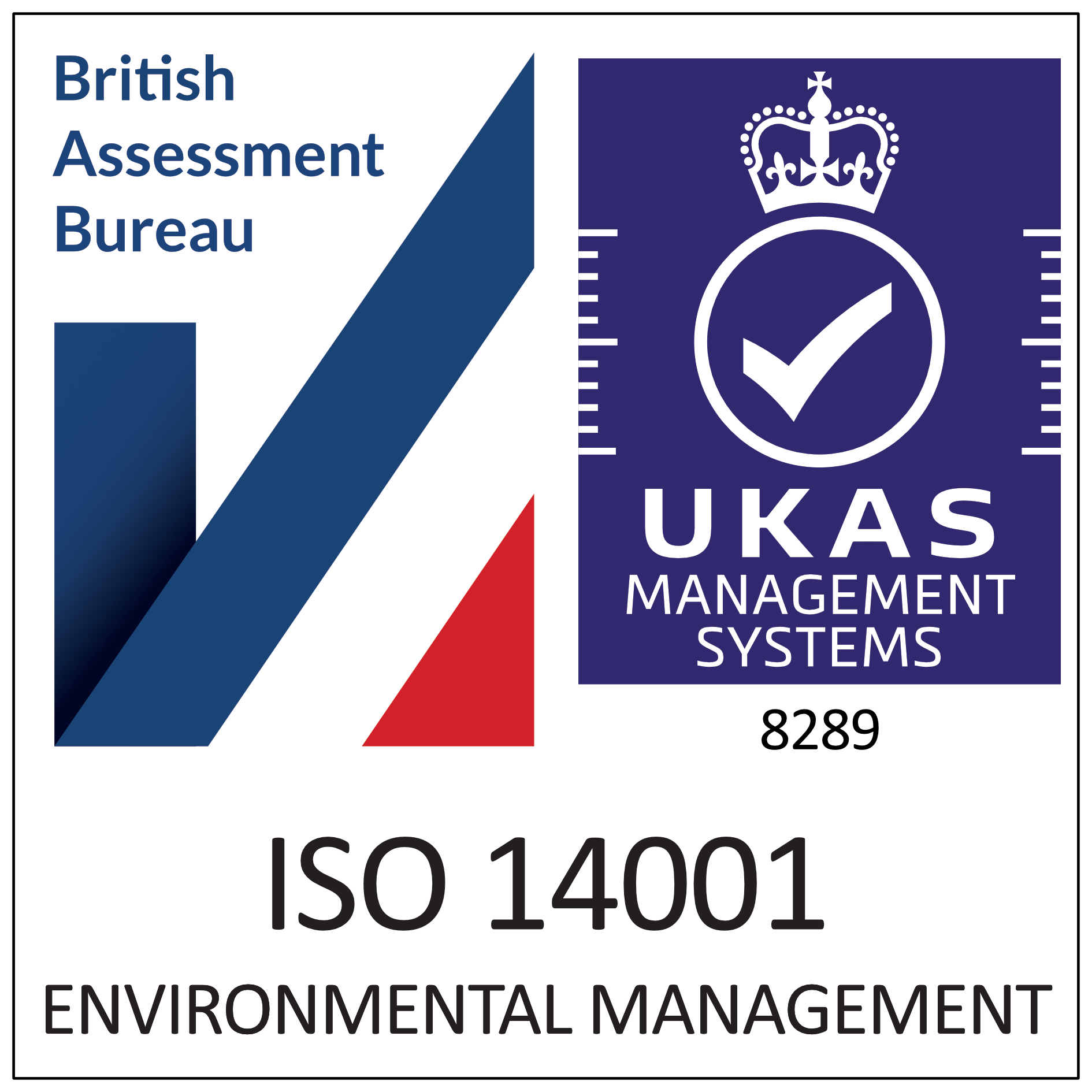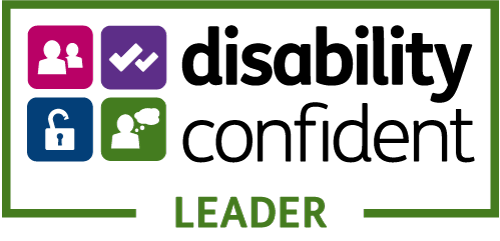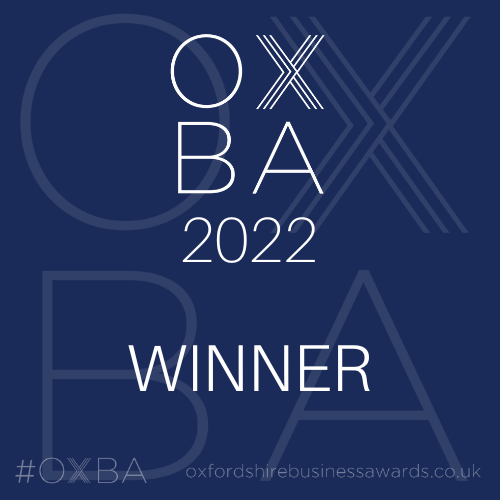








Course code: QPXV151P
Subject area: Music Technology
Study level: Part Time
Course level: U
Course time:
10:00 - 16:00
Days of week:
Saturday
Course date:
8th Jun 2024 - 8th Jun 2024
Course location:
Cheney SchoolWe will look at a number of DAWs in terms of their layout, and highlight the similarities and differences between the different programs available to the user (using instances of Logic, Ableton, Reaper, Pro Tools, Cubase)
THE USE OF AUDIO AND MIDI, AND THE DIFFERENCES BETWEEN
Once we define an understanding of both Audio and MIDI, We will look at how to input both into the DAW. We will assess the pros and cons of using both analog and digital information to record music and generate musical ideas. We will look into how this process can differ between various DAWs.~
BASIC PRINCIPLES OF ANY DAW
Each of the different programs available to the recording musician share the same basic principles when it comes to recording “Tracks”, and how they can be used to realise your musical ideas.
These same principles will help the user to understand how to use any DAW, even if it isn't a program they are used to using.
HOW TO RECORD TRACKS
We will look at how to use the equipment (the DAW, the Audio Interface, microphones and MIDI controllers/keyboards) to record musical ideas, then introduce the concepts of balancing and mixing tracks together to achieve a “Mix”, involving Gain Staging, Volume balancing and Panning.
HOW TO APPLY POST PROCESSING AND PLUGINS
In this section we will look at all the available Plugins we can use to achieve a professional sounding “Mix”. We will look at Plugins such as Saturation, Compression, EQ and Limiters, and how to use them effectively. We will look at the concept of “Stereo Busses” to affect groups of tracks simultaneously, in conjunction with our individual tracks to achieve a more polished sound to the Mix. Once we have the understanding of these, we will look at how our Mix can be processed further using these plugins to achieve a Mastered song or musical piece.
Abingdon and Witney College is subje
Courses can fill fast, so please enrol early to avoid disappointment. Decisions on whether a course is to run are made two weeks prior to the start date - an email will be sent to you should there be changes to your course or if it is cancelled. Please check your inbox leading up to your course, including the junk folders. For anyone without an email account, our Admissions team will phone you instead.
For the first week of the course you will need to bring a valid form of identification; this includes passport, driving licence, debit/credit card, Birth Certificate or National Insurance card.
Please note - you should be 19 years old or over at 31st August 2023 prior to starting the course.
Before starting a course, the College is required to check you meet conditions relating to that funding, e.g. age, residency status within the UK/EEA, prior qualification level and employment status. In some circumstances (such as with online enrolments), these checks can only be completed after you have enrolled and paid.
If you are unable to pay in full for this course at the time of enrolment, and the course tuition fee is £300 or more, an instalment plan is available. If this is your preference, please do not enrol online but rather call the Admissions Team on 01235 216400 to enrol.
Once enrolled, Admissions will take the first instalment payment from you and pass on your details to the Finance team who will email you to set-up your payment plan. Please return a fully completed instalment plan to Finance as failure to do so could result in being withdrawn from your course.
The rules on fee reduction are complicated, we would encourage you to talk to our Admissions Team on 01235 216400 to discuss these options. You can find more information on our Fees and Bursaries page - search "Fees and Bursaries" at the top of the page.
19+ Fee:
Tuition Fee: £17.50
Exam Fee: £0.00
Total Cost: £17.50
19+ Reduced Fee:
Tuition Fee: £0.00
Exam Fee: £0.00
Total Cost: £0.00








